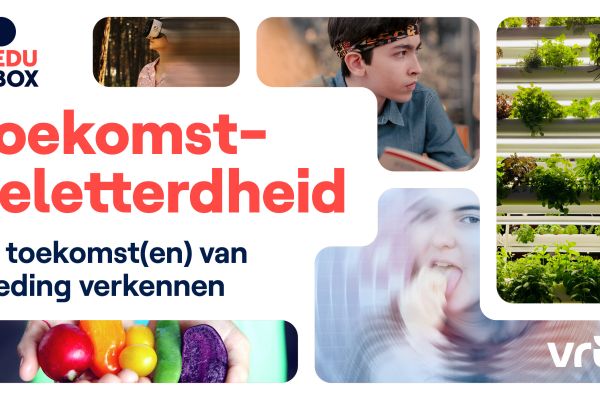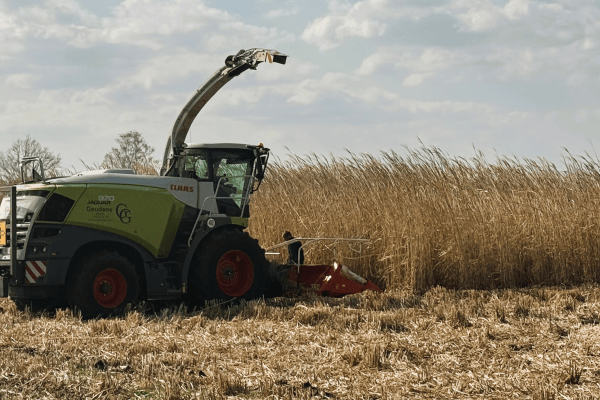SMARTER: European partnership on systemic climate adaptation launched in Ostend, Belgium
Climate change is affecting local communities in increasingly complex ways — from floods, heat stress, drought and wildfires to coastal erosion and social vulnerability. Addressing these risks calls for systemic approaches that go far beyond sectoral measures and integrate governance, social innovation, nature-based solutions, and new business models into roadmaps for transformative change towards full climate resilience. This is the ambition of SMARTER (2025-2029) — Systemic Transformation Towards Local and Regional Climate Resilience — an EU-funded Horizon Europe project coordinated by VITO.

Kick-off of the project in Ostend
The SMARTER project officially kicked off with a three-day event in the coastal city of Ostend, Belgium, from 10 to 12 June 2025, gathering more than 50 participants from 18 partner organisations across Europe. This consortium consists of knowledge partners, cities, and regional authorities with the common ambition to demonstrate systemic solutions for climate adaptation and test their replication potential. A clear goal of this kick-off event was to immediately take a deep dive into the project approach and foster a shared understanding on the project ambitions. This proved very successful in kicking off the project: the event sparked strong and dynamic discussions among partners and created momentum to give the project a flying start.

"SMARTER gives us a unique opportunity to develop integrated solutions for climate resilience, with a strong focus on co-creation and real-world applications across very different European regions.”
– Jean-Luc de Kok, Project Coordinator & Environmental Researcher, VITO
Vuurtorenwijk as demonstrator area
A highlight of the project kick-off event was the field visit in Ostend’s Vuurtorenwijk, one of the project’s demonstrator areas. The city of Ostend guided the partners through this complex urban neighbourhood, where challenges like heat stress, pluvial flooding, sea level rise, social inequality, and spatial barriers interact. The participants could directly experience how tackling these issues is a systemic challenge — but also how adopting a systemic approach creates opportunities for broader collaboration and more effective solutions. This inspired the consortium to start thinking about their own contributions in very tangible, practical ways.
The SMARTER project
In the face of increasing climate risks, SMARTER is working to advance climate adaptation across Europe through a systemic approach, recognising the connections between society, nature, and the economy. By bringing together experts, stakeholders, policy makers, and communities from a network of ten cities and regions, SMARTER is developing tools and testing nature-based solutions (like urban green spaces, water retention basins, and ecological corridors) that can be both replicated and tailored to different local adaptation contexts.
These are SMARTER’s key activities:
-
Working with local communities and municipalities to develop climate adaptation solutions
-
Prioritising nature-based solutions to build climate resilience
-
Identifying opportunities for collaboration between sectors and regions
-
Applying easy-to-use and replicable tools
The City of Ostend serves as a demonstration case. Flanders acts as a replication case, where we will explore how VITO’s spatial tools can better support climate adaptation plans. The project will leverage the RuimteModel Vlaanderen (GeoDynamiX), the Climate Portal, and System Dynamics modelling to drive a transformation towards climate resilience of the city.
SMARTER is funded by the European Commission’s Horizon Europe programme (grant 101212794) and runs for four years, from 2025 until 2029. The successful kick-off provided an excellent basis for collaboration and systemic thinking.
Want to learn more about this project? Visit our newly launched SMARTER website:


















